Cloves
are the unopened pink flower buds of the evergreen clove tree. The flower buds initially have a pale colour, gradually turn green, and then transition to a bright red when ready for harvest. The buds are picked by hand and dried until they turn brown in colour. Cloves are harvested at 1.5–2.0 cm long, and consist of a long calyx that terminates in four spreading sepals, and four unopened petals that form a small central ball.
Although cloves have a very hard exterior, their flesh features an oily compound (eugenol) that is essential to their nutritional and flavour profile. Cloves have a warm, sweet and aromatic taste.
Cloves are an excellent source of manganese. They are also a very good source of vitamin K and dietary fibre. They are also a good source of iron, magnesium, and calcium.
Clove contains significant amounts of an active component called eugenol, which has made it the subject of numerous health studies.
Health benefits
1. Anti-Inflammatory Activity:
Eugenol, the primary component of clove’s volatile oils, functions as an anti-inflammatory substance.
2. Temporarily treat a toothache:
You can temporarily alleviate the pain by dabbing a little clove oil on a cotton ball and placing it on the sore tooth or on your gums. An added benefit is that it will also pull out any infection.
3. Relieve upper respiratory infections:
Ayurveda suggests making a tea to lessen, or prevent, colds and flu. It is also used as an expectorant. Cloves are a natural painkiller and also attack germs, so they’ll help you get rid of that sore throat.
4. Treat scrapes and bruises:
Cloves are pretty strong and used with little olive oil with bandage.
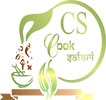



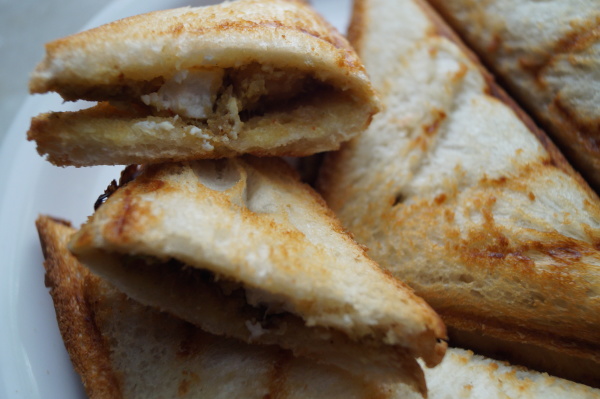




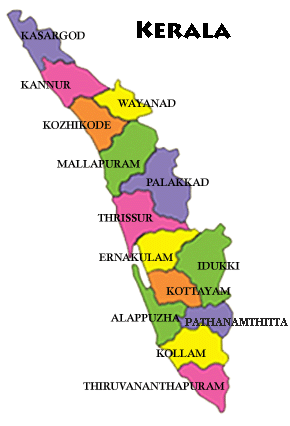







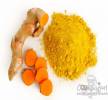
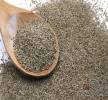








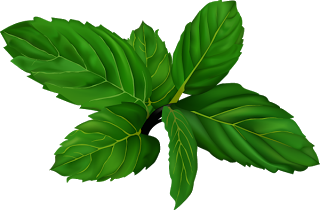
We’re a group of volunteers and starting a new scheme in our community.
Your site offered us with valuable information to work on. You’ve done a formidable job and our whole community
will be grateful to you.
Thanks a lot for sharing this with all of us you actually recognize what you are speaking about! Bookmarked. Please additionally visit my site =). We will have a hyperlink alternate contract among us!
Muchos Gracias for your blog article.Really looking forward to read more. Great.
Muchos Gracias for your blog.Much thanks again. Cool.